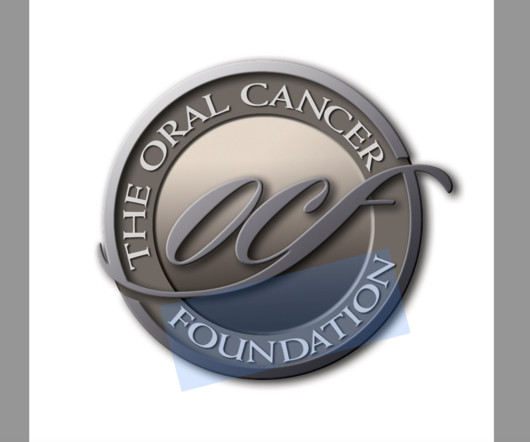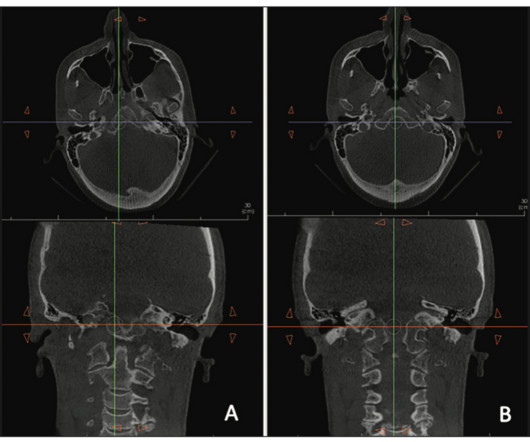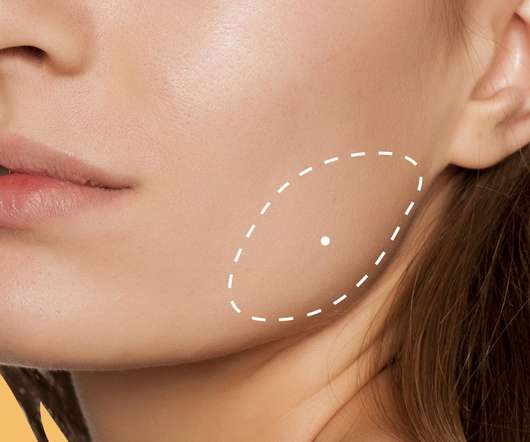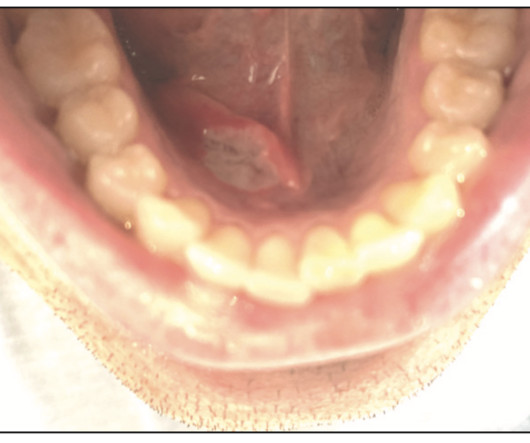Oral Cancer Awareness Month is in April
Dentistry Today
MARCH 29, 2023
Every hour, 24-hours-a-day, 365-days-a-year, someone dies of oral or oropharyngeal cancer (cancer of the back of the oral cavity and upper throat). Yet if oral cancer is detected and treated early, treatment-related health problems are reduced, and survival rates may increase. The Oral Cancer Foundation.












Let's personalize your content